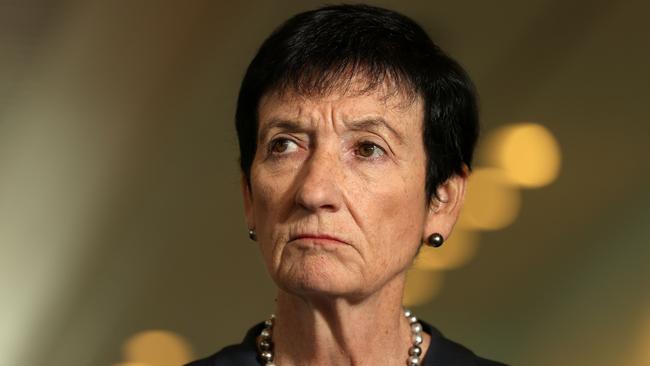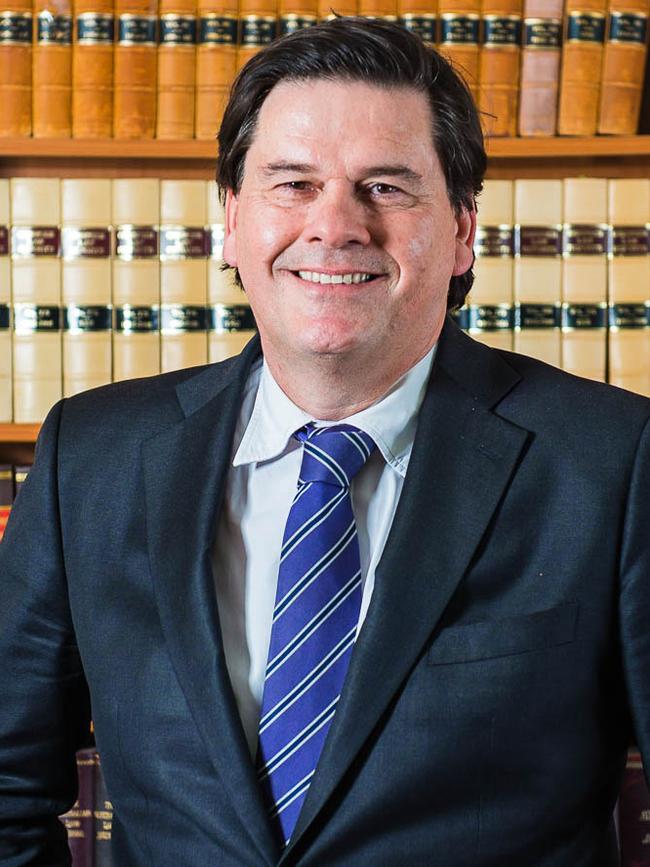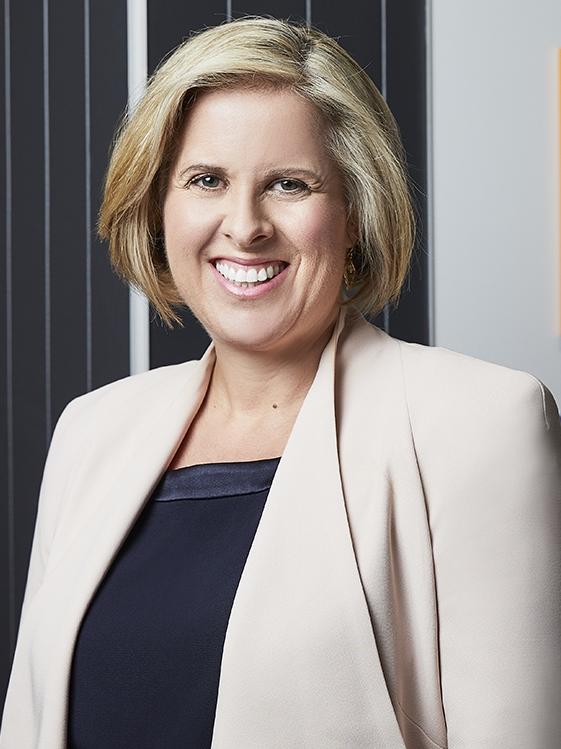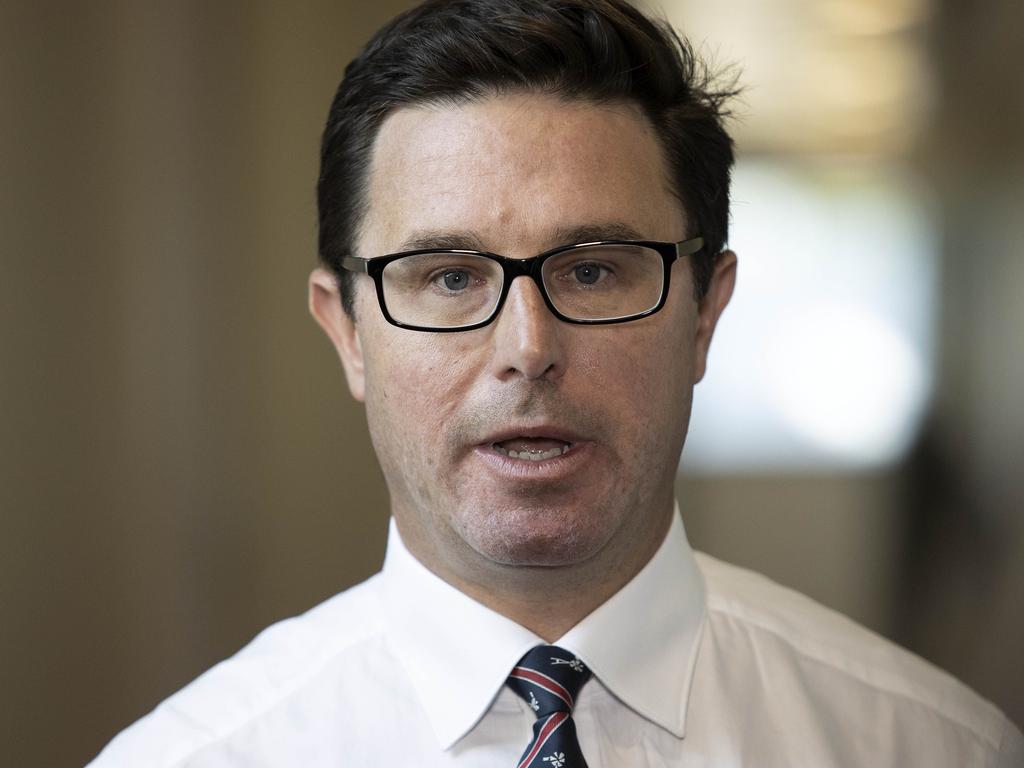Budget 2021: Business backs ‘the right track’ to recovery
Business leaders have backed the budget strategy, but warn open borders will be needed to recover over the long term.

Australia’s business leaders have backed in Josh Frydenberg’s budget strategy as “the right track” to grow the economy, but warn open borders will be needed to recover over the long term.
Despite debt nearing $1 trillion and predictions of a decade of deficits, leading industry groups say the Treasurer has made the right investments in skills and social services to come out of the pandemic.
Business Council of Australia chief executive Jennifer Westacott said her members agreed that growth, and not austerity, was the right path to budget repair.
“We are on the right track. The budget builds on the significant gains we’ve made to create jobs, get people and businesses back to work, rebuild confidence and fire up economic growth,” she said on Tuesday.
“Business agrees the best way to repair the budget and start paying down debt is to grow the economy. The economy needs to be growing at a rate that provides the light at the end of the tunnel to pay off the nation’s trillion-dollar mortgage and pay it off in a way that continues to feed ongoing growth.”


Investments in skills, childcare and the National Disability Insurance Scheme have received particular praise from business.
Australian Industry Group chief executive Innes Willox said the fiscal stimulus was “forward looking” while unemployment — while rapidly recovering — remained higher than 5 per cent.
“While the economy has recovered more rapidly than expected, unemployment and underemployment remain too high and with inflation relatively low, we welcome the further fiscal stimulus,” he said.
“These measures will over time help people move into higher paying jobs, assist in addressing rapidly growing skill shortages, and, over coming years, will be critical to lifting our lagging productivity growth.” Acting Australian Chamber of Commerce and Industry chief executive Jenny Lambert also hailed the budget as crucial for recovery, but said more had to be done to open Australia up to the world post-pandemic.
“We are a middle-sized country and rely on open borders — we need to address our international border restrictions by gradually reopening international travel, and also work towards a bigger Australia,” she said.
“We need to boost migration numbers and fill urgent skills gaps much sooner than the forecast. We can’t go it alone if we are to remain globally competitive in a post-COVID world.”
Master Builders CEO Denita Wawn said “builders and tradies around the country will be right behind this budget” with increasing investment in housing.
“The government is not vacating the field and removing taxpayer support too soon while mapping a route back to confidence for the business and households to spend and invest,” he said.
Universities were the biggest losers from the budget with little in the way of new support and budget assumptions that foreign students will not return to the country in significant numbers till later in 2022.
Group of Eight CEO Vicki Thomson said universities needed more support to help drive the economic recovery with research.
”We can’t do this with one hand tied behind our back. Post-budget the government will have to think through how it best supports the university sector as we support the nation. The current system will not achieve this.”








To join the conversation, please log in. Don't have an account? Register
Join the conversation, you are commenting as Logout